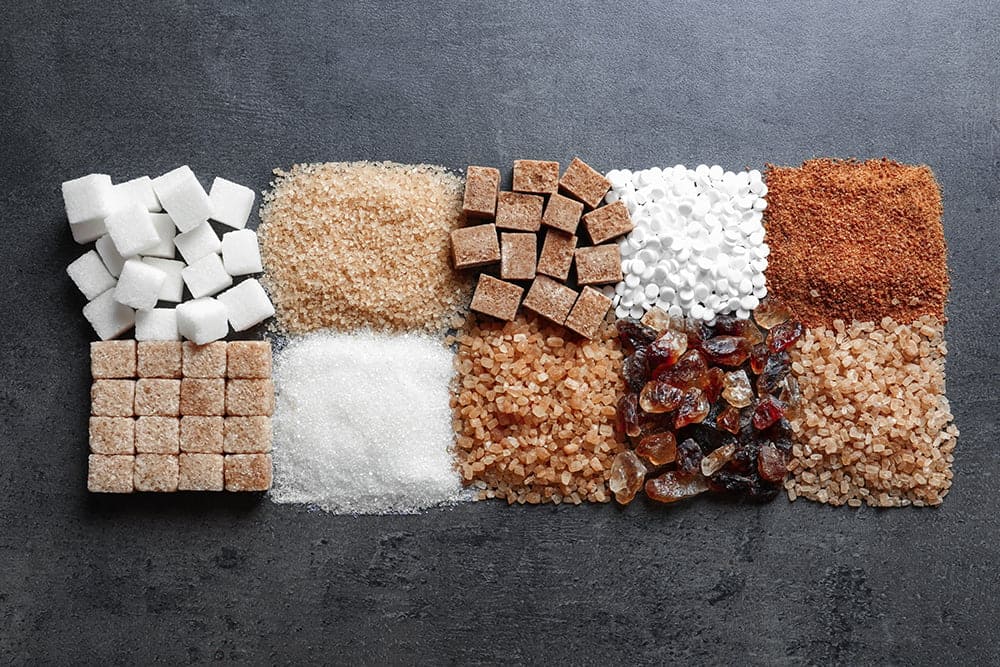
The average American consumes 2-3 times their daily recommended sugar intake: about 85 grams vs the recommendation of 38 grams for men and 25 grams for women. Because of more recent research on sugar and its negative health effects, sugar alternatives have exploded in popularity. With that being said, you might be doing research and curious whether sugar is all that bad and or what alternative sweetener is right for you.
Reasons to Avoid Sugar
- Weight gain: sugar is high in calories and many foods with high levels of added sugars are easy to over-eat with many describing them as addictive. This can easily lead to weight gain which puts more stress on the body.
- Tooth decay: sugar feeds bacteria in the mouth that convert the sugar into damaging acids which damage enamel.
- Poor nutrition: sugar-rich foods are often lacking in important nutrients like fiber, protein, vitamins, and minerals.
- Mental health: it can be tempting to reach for a sugary treat when we’re feeling stressed but long term, those sweets can worsen stress and increase depression risk.
- Fatty liver: the liver converts sugar into glycogen but can only hold so much before the excess is converted into fat. Over time this can lead to non-alcoholic fatty liver disease.
- Diabetes: the prevalence of this condition has doubled over the last 30 years. Many professionals attribute this to the increased consumption of sugar over the last few decades.
- Heart disease: high-sugar diets are linked to obesity and inflammation and can raise triglyceride, blood sugar, and blood pressure levels; all of these are risk factors for heart disease.
[READ: How to Cut Back on Sugar]
Sugar Substitutes
New sugar alternatives are being developed all the time so this isn’t a comprehensive list but a look at some of the most popular ones, their health effects, and common uses. Also, some natural substitutes like honey and agave still get processed by the body the same way as sugar and thus won’t be mentioned on this list.
Aspartame
Aspartame, commonly known under the brand names NutraSweet® or Equal® is a low-calorie (4 calories per gram) artificial sweetener that is around 200 times sweeter than sugar. You’ll commonly find it in diet drinks, gum, and other sugar-free products.
It’s one of the most popular sugar substitutes because of its early adoption and prevalence in popular products. So it’s often associated with efforts to lose weight and manage blood sugar. However, some studies suggest that long-term consumption of aspartame may be associated with an increased risk of certain health problems.
Aspartame has a slightly bitter aftertaste and is not suitable for cooking or baking as it loses its sweetness when exposed to heat. Most at-home use is simply adding it to tea or coffee.
Allulose
Allulose is a type of sugar that occurs naturally in small quantities in some fruits like figs, dates, and raisins. It’s about 70% as sweet as sugar but with only .4 calories per gram compared to 4 calories per gram in sugar.
Some evidence suggests that it can actually lower blood sugar levels and may even improve insulin sensitivity. Moreover, small-scale studies have shown some ability to reduce belly fat and protect against fatty liver disease.
The taste of allulose is similar to sugar with little to no aftertaste. Unlike many sugar alternatives, allulose has excellent baking properties. It browns similarly to sugar and doesn’t crystalize as it cools so it is an excellent contender for caramels. Do keep in mind that it can burn rather easily and quickly so keep a close eye when you’re using allulose in your recipes.
Erythritol
Erythritol is in a class of alternative sweeteners known as sugar alcohols. It’s still low in calories even among these with only .24 calories per gram vs 2.4 calories per gram in xylitol, another popular sugar alcohol. Similar to allulose, it also comes in around 70% of the sweetness of sugar.
Erythritol doesn’t raise blood sugar levels and may even provide heart health benefits by reducing arterial stiffness. It should be noted that these benefits were observed in very small studies. Those with gut sensitivities should use it with caution as it has the potential to cause minor upset.
You’ll commonly find erythritol used in combination with other sweeteners in a number of products. You can use it at home similar to how you’d use sugar with some caveats. It is recommended you don’t replace more than ½ cup of sugar with erythritol and only bake recipes that you’ll eat the same day as it’s prone to crystallization.
[READ: What is Erythritol and Is It Safe?]
Sucralose
Sucralose, mostly known by its brand name of Splenda, is a calorie-free artificial sweetener that is around 600 times sweeter than sugar. Sucralose is commonly used in diet drinks, baked goods and desserts.
For the most part, sucralose appears to have minimal health effects. However, there are carbohydrates in Splenda that can spike blood glucose levels in a small percentage of the population.
This sugar alternative is unique on this list as most find it to have little or no aftertaste. It’s also a convenient sugar substitute for many common uses because it has a 1:1 sweetness by volume with sugar (through the use of fillers). For the same reason, it can be convenient to use for baking but may release carcinogenic substances when heated above 250 degrees Fahrenheit.
Stevia
Stevia is a natural sweetener that is derived from the leaves of the Stevia rebaudiana plant. It’s around 200-300 times sweeter than sugar by volume. The sugar alternative has zero calories so it may be useful for weight management and glucose maintenance. Further, it provides antioxidants and may even reduce blood pressure and cholesterol levels. As far as downsides, stevia extract is natural but some additives it’s paired with are not.
Stevia is commonly used in diet drinks and other sugar-free products. It has a somewhat intense sweetness and a slightly bitter aftertaste. It can be used to sweeten tea and coffee but is difficult to use as a direct replacement for sugar in applications like baking because it doesn’t brown.
[READ: Stevia vs Sugar: Nutrition, Benefits and Uses]
Acesulfame potassium
Acesulfame potassium, also known as Ace-K, is a low-calorie artificial sweetener that is around 200 times sweeter than sugar.
This sugar alternative may be linked to negative health effects on the gut microbiome and weight gain in men. However, the evidence for these effects isn’t conclusive as it comes from animal studies.
As far as flavor goes, Ace-K is reported to have a bitter taste. So it's mainly combined with other artificial sweeteners and used in processed foods like sodas, frozen desserts, sauces, chewing gum, and yogurt which is why you may not be as familiar with it by name as you are with Splenda, and Stevia.
Saccharin
Saccharin best known under the name Sweet N Low, is a low-calorie artificial sweetener that is around 300-400 times sweeter than sugar. It has the longest history on this list having been discovered in 1879.
Saccharin’s effects on health seem to be neutral or inconclusive. It stands to reason that with no calories saccharin should help with weight loss though information is conflicting. As for blood glucose levels, it doesn’t have any effect but some animal studies have linked it to negative changes in the gut microbiome.
Saccharin has a bitter aftertaste. It used to be used primarily in diet drinks but has been mostly been replaced by aspartame. Other uses for saccharin include baked goods, jams, jelly, chewing gum, canned fruit, candy, dessert toppings, and salad dressings.
Monk fruit extract
Monk fruit extract is a natural sweetener that is derived from the monk fruit, a small, round fruit from Southeast Asia that has a long history of medicinal use. This sugar substitute is around 100-250 times sweeter than sugar. Interestingly, although monk fruit itself contains fructose and glucose, that isn’t where the sweetness comes from. Instead, the sweetness comes from unique antioxidants called mogrosides.
Monk fruit sweetener is rather new so there isn’t much health data. Early studies show that monk fruit sweeteners may actually lower blood sugar levels whereas many others on this list have no (direct) effect. Additionally, monk fruit sweeteners might have some positive anti-inflammatory effects as a result of their antioxidant content.
Because it’s natural and stable at high temperatures, monk fruit sweetener can be great for baking. You can also generally use it the way you use sugar most of the time including adding it to coffee, tea, cereal, and your favorite recipes.
Bottom Line
No matter your use case or health concerns, there’s a sugar substitute for you. Some are natural, some have few calories or even no calories while others are better or worse for cooking. We can't declare which one is the best or healthiest but there is clear evidence of how harmful sugar is.
Also, take note that you can’t simply replace sugar with these alternatives and eat mindlessly. The foods that have them will still contain other calories and should be eaten in moderation.
This article is provided for informational purposes only and is not intended to be used as medical advice. If you have immediate concerns about your health, please seek the help of your physician.
*These statements have not been evaluated by the Food and Drug Administration. Products are not intended to diagnose, treat, cure or prevent disease.




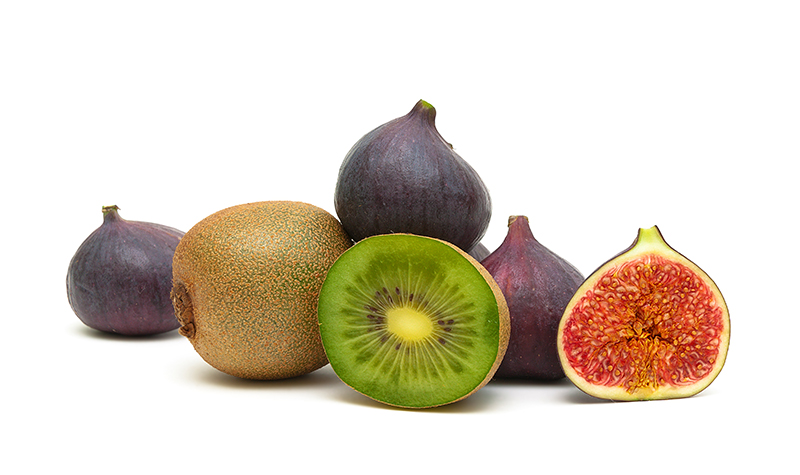

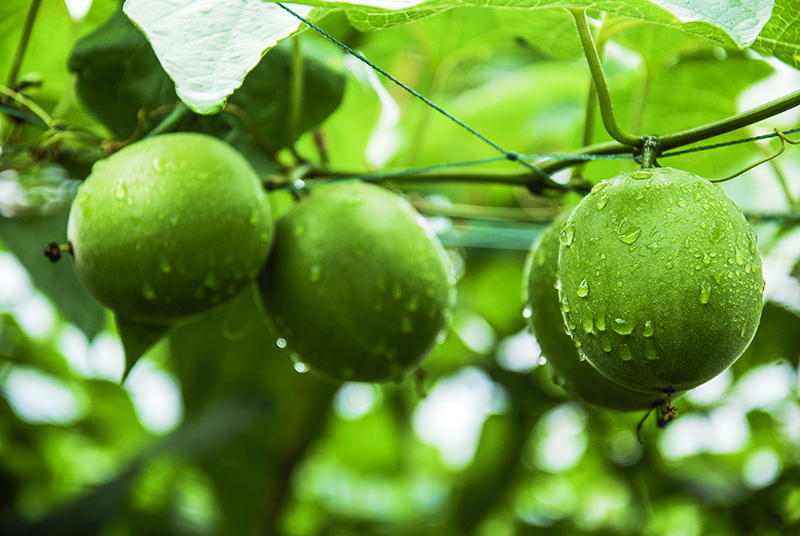
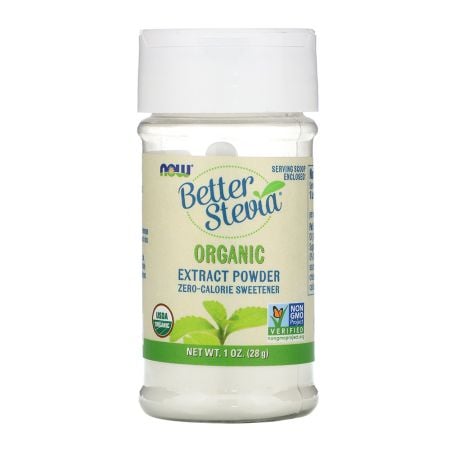
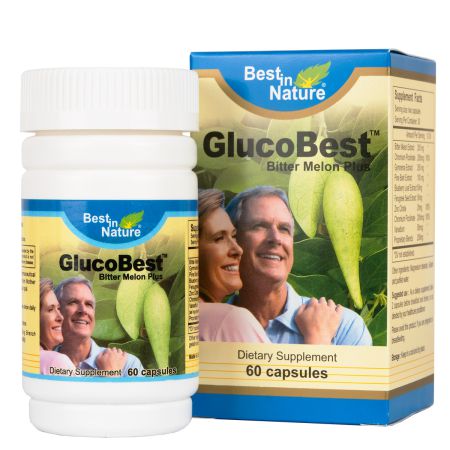
Validate your login
Sign In
Create New Account